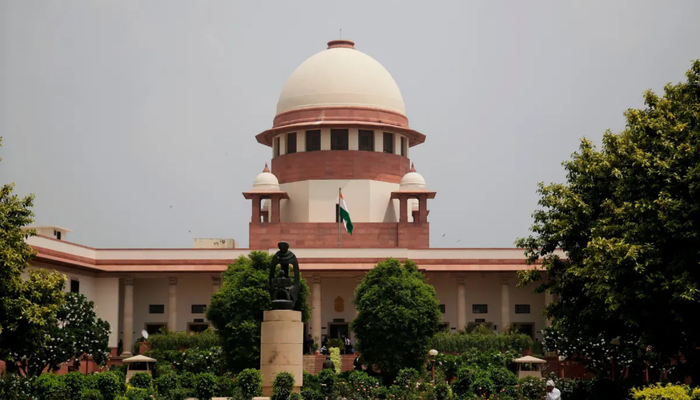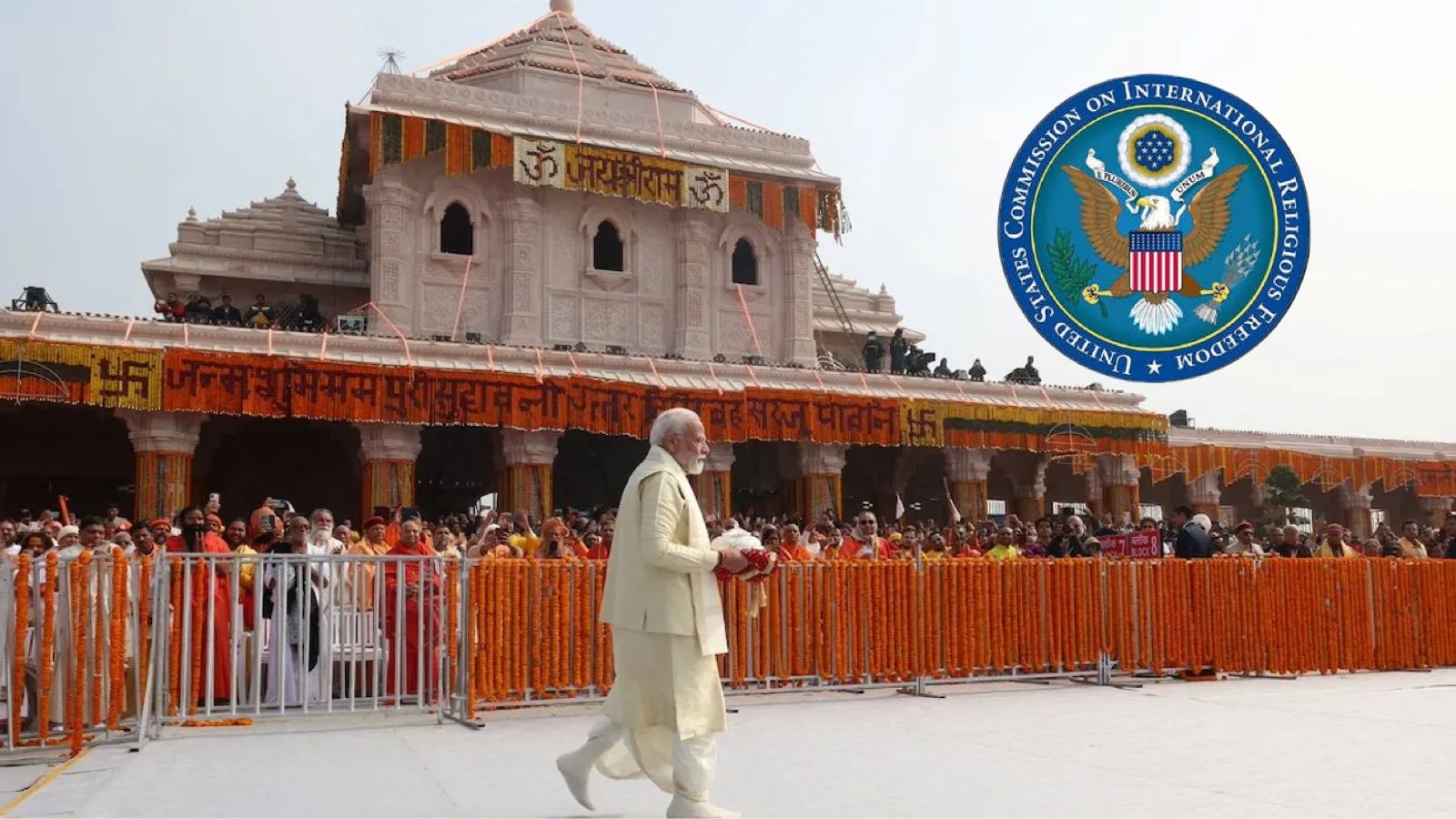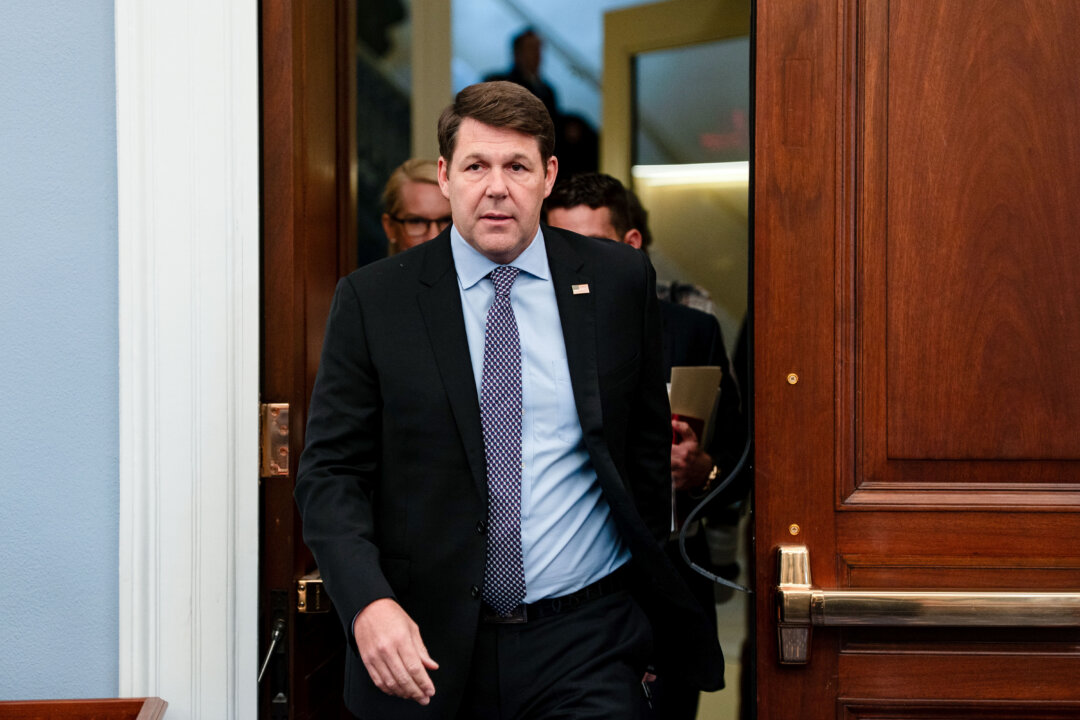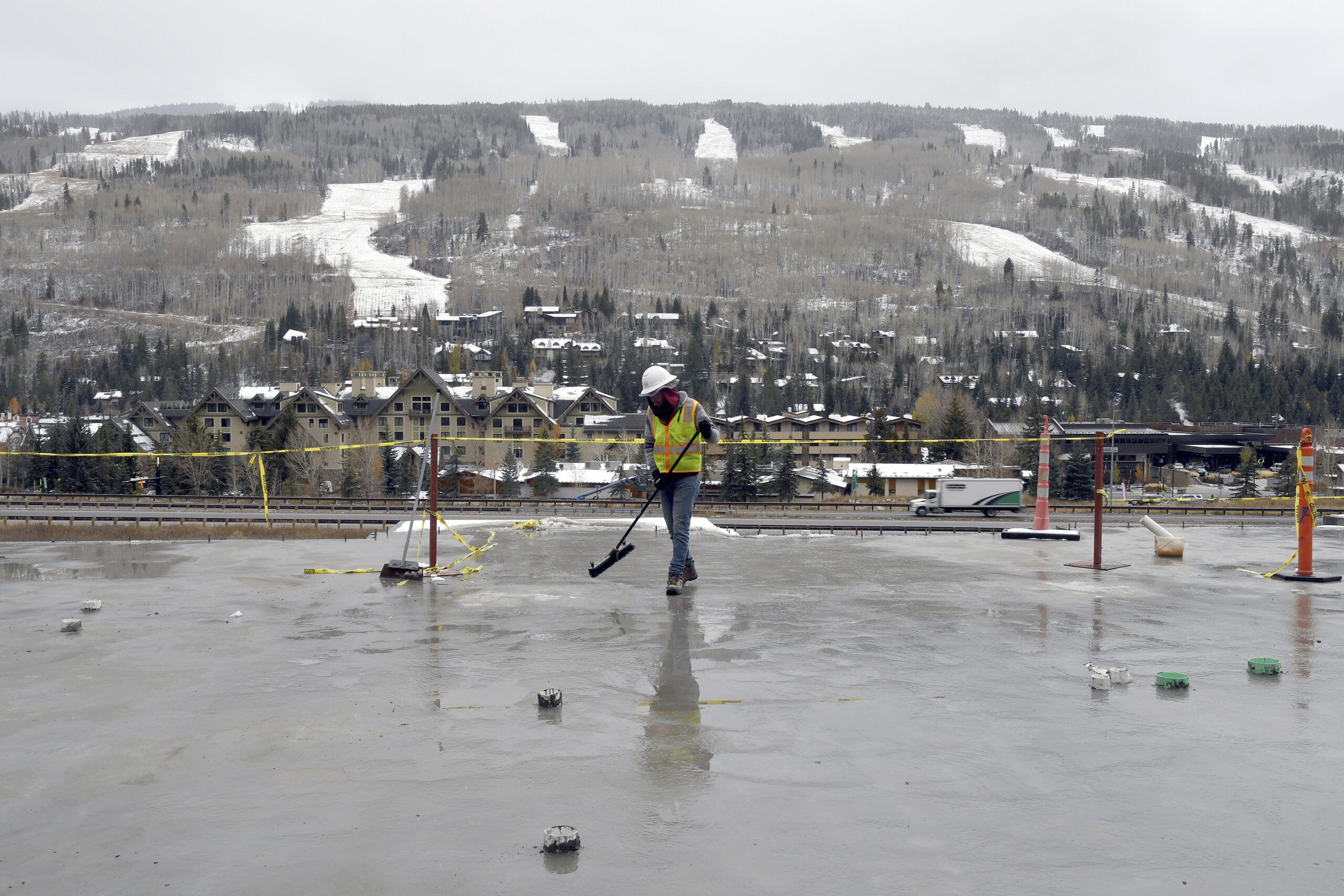SC overturns its earlier order mandating demolition of infrastructural projects constructed without environment clearance: Read what the top court said
The Supreme Court, on Tuesday (18th November), overturned its earlier judgment passed on 16th May, which declared the grant of ex-post facto or retrospective Environmental Clearances (ECs) by the Centre to building projects and constructions a “gross illegality” and an “anathema”. In the impugned judgment, the Apex Court had directed the demolition of public projects worth ₹20,000 crore, which had received ex-post facto ECs after paying a penalty. The projects included AIIMS in Odisha, a greenfield airport in Karnataka, and a huge effluent treatment plant. The review order of a bench of Chief Justice of India BR Gavai and Justices K Vinod Chandran and Ujjal Bhuyan, with a 2:1 majority, was delivered in a review petition filed by the Confederation of Real Estate Developers’ Associations of India (CREDAI) seeking recall of the previous Supreme Court verdict. The impugned order annulled a notification, dated March 14, 2017, issued by the then Ministry of Environment and Forest (now the Ministry of Environment, Forest and Climate Change), which provided for ex-post facto ECs. Demolition of public projects would cause hardships The petitioner contentioned, inter alia, that the judgment would result in extreme hardships, including shutting down and demolition of already completed and operational infrastructural projects. The Solicitor General Tushar Mehta, appearing for the Steel Authority of India (Union Government), submitted before the Apex Court the details of central projects worth Rs 8,293 crore and another 29 projects worth Rs 11,169 crore in states, which have already received EIA (environmental impact assessment) clearance, are lagging due to a lack of final EC. He added that if these projects are demolished, it would have a devastating impact on public interest and the exchequer. Demolition of large buildings will add to pollution and loss of public money: CJI Gavai To arrive at the decision, CJI Gavai examined the question, “Whether it would be in the public interest to demolish all such projects and permit the money spent from the pocket of the public exchequer to go in the dustbin?” CJI Gavai allowed the petition, noting that it the earlier judgment of the court is not recalled, it will lead to the demolition of various buildings/projects constructed out of public exchequer to the tune of nearly ₹20,000 crore. “If the judgment under review is not recalled, it will have serious consequences in terms of demolition of projects which are either completed or about to be completed soon and which are of vital public importance constructed out of the public exchequer… and thousands of crores of rupees would go to waste,” CJI Gavai remarked, adding that demolition of a large number of buildings would create more pollution. He pointed out that the earlier judgment of the Supreme Court suffered from a contradiction, as on one hand it permitted mining companies to halt their operations, seek ex-post facto ECs and then resume operations after paying compensation, and on the other hand, it straightaway ordered the demolition of public projects that obtained ex-post facto ECs after paying adequate penalty. Concurring with the CJI’s opinion, Justice K Chandran observed that the judgment under review was per incuriam as it did not take into account the aspects of the power conferred under the Environment Protection Act, 1986 (EP Act) and the legal principles regarding an undertaking given in derogation of the statutory provisions. Justice Bhuyan wrote a dissenting opinion, criticising the majority’s decision Justice Bhuyan, who was part of the bench that delivered the impugned verdict, penned a strong and lengthy dissent. Criticising the majority opinion, Justice Bhuyan termed the review judgment as a “step in retrogression”. “It is unfortunate that a false narrative is being created, pitting the environment against development… Environmental law cannot countenance the notion of an ex post facto clearance. This is contrary to both the precautionary principle as well as the need for sustainable development,” Justice Bhuyan said. I would like to painfully observe that the deadly Delhi smog reminds us everyday about the hazards of environmental pollution. Supreme Court, as the highest constitutional court of the country has the duty and obligation under the Constitution of India and the laws framed thereunder to safeguard the environment. It cannot be seen backtracking on the sound environmental jurisprudence that has evolved in this country, that too, on a review petition filed by persons who have shown scant regard for the rule of law,” he strongly remarked.



The Supreme Court, on Tuesday (18th November), overturned its earlier judgment passed on 16th May, which declared the grant of ex-post facto or retrospective Environmental Clearances (ECs) by the Centre to building projects and constructions a “gross illegality” and an “anathema”. In the impugned judgment, the Apex Court had directed the demolition of public projects worth ₹20,000 crore, which had received ex-post facto ECs after paying a penalty. The projects included AIIMS in Odisha, a greenfield airport in Karnataka, and a huge effluent treatment plant.
The review order of a bench of Chief Justice of India BR Gavai and Justices K Vinod Chandran and Ujjal Bhuyan, with a 2:1 majority, was delivered in a review petition filed by the Confederation of Real Estate Developers’ Associations of India (CREDAI) seeking recall of the previous Supreme Court verdict. The impugned order annulled a notification, dated March 14, 2017, issued by the then Ministry of Environment and Forest (now the Ministry of Environment, Forest and Climate Change), which provided for ex-post facto ECs.
Demolition of public projects would cause hardships
The petitioner contentioned, inter alia, that the judgment would result in extreme hardships, including shutting down and demolition of already completed and operational infrastructural projects. The Solicitor General Tushar Mehta, appearing for the Steel Authority of India (Union Government), submitted before the Apex Court the details of central projects worth Rs 8,293 crore and another 29 projects worth Rs 11,169 crore in states, which have already received EIA (environmental impact assessment) clearance, are lagging due to a lack of final EC. He added that if these projects are demolished, it would have a devastating impact on public interest and the exchequer.
Demolition of large buildings will add to pollution and loss of public money: CJI Gavai
To arrive at the decision, CJI Gavai examined the question, “Whether it would be in the public interest to demolish all such projects and permit the money spent from the pocket of the public exchequer to go in the dustbin?” CJI Gavai allowed the petition, noting that it the earlier judgment of the court is not recalled, it will lead to the demolition of various buildings/projects constructed out of public exchequer to the tune of nearly ₹20,000 crore. “If the judgment under review is not recalled, it will have serious consequences in terms of demolition of projects which are either completed or about to be completed soon and which are of vital public importance constructed out of the public exchequer… and thousands of crores of rupees would go to waste,” CJI Gavai remarked, adding that demolition of a large number of buildings would create more pollution.
He pointed out that the earlier judgment of the Supreme Court suffered from a contradiction, as on one hand it permitted mining companies to halt their operations, seek ex-post facto ECs and then resume operations after paying compensation, and on the other hand, it straightaway ordered the demolition of public projects that obtained ex-post facto ECs after paying adequate penalty. Concurring with the CJI’s opinion, Justice K Chandran observed that the judgment under review was per incuriam as it did not take into account the aspects of the power conferred under the Environment Protection Act, 1986 (EP Act) and the legal principles regarding an undertaking given in derogation of the statutory provisions.
Justice Bhuyan wrote a dissenting opinion, criticising the majority’s decision
Justice Bhuyan, who was part of the bench that delivered the impugned verdict, penned a strong and lengthy dissent. Criticising the majority opinion, Justice Bhuyan termed the review judgment as a “step in retrogression”. “It is unfortunate that a false narrative is being created, pitting the environment against development… Environmental law cannot countenance the notion of an ex post facto clearance. This is contrary to both the precautionary principle as well as the need for sustainable development,” Justice Bhuyan said.
I would like to painfully observe that the deadly Delhi smog reminds us everyday about the hazards of environmental pollution. Supreme Court, as the highest constitutional court of the country has the duty and obligation under the Constitution of India and the laws framed thereunder to safeguard the environment. It cannot be seen backtracking on the sound environmental jurisprudence that has evolved in this country, that too, on a review petition filed by persons who have shown scant regard for the rule of law,” he strongly remarked.






































































